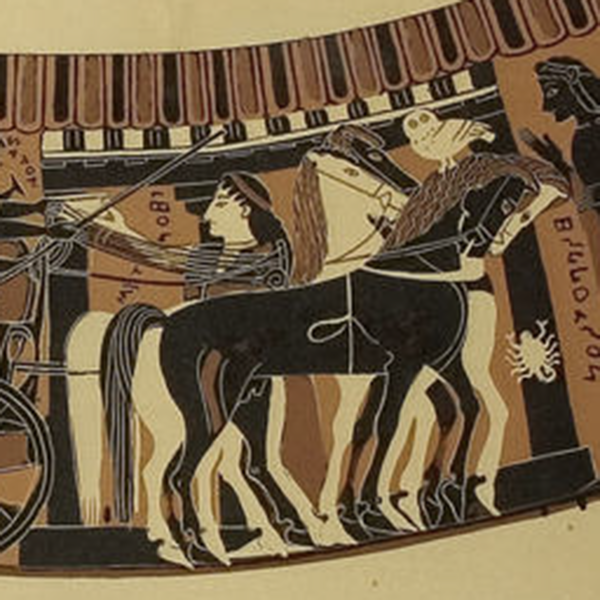Do Animals Have a Homeland?
Ancient Greeks on the Cultural Identity of Animals
DOI:
https://doi.org/10.52537/humanimalia.9614Abstract
The article aims to answer the following questions: How did the ancient Greeks associate animals with space, geography and their own settlements? Did they attribute nationality and territory to animals? Did they think animals missed their homelands? Could a foreign animal — according to the Greeks — experience a process of cultural integration, namely Hellenization? The Greeks attributed regional identity to animals, defined by the local geography and by the history of a region enclosed by borders. At the same time, the world of animals seemed to be ethnically diversified, for the Hellenes coined the terms: “Hellenic animal” — belonging to the Greek culture; and “barbaric animal” — belonging to a foreign culture. According to the ancient Greeks, each animal had its homeland and customs, and could feel at home in some place on the globe. Additionally, there are some examples of non-native animals who experienced the process of “Hellenization.”
Downloads

Published
Issue
Section
License

This work is licensed under a Creative Commons Attribution-NonCommercial 4.0 International License.









